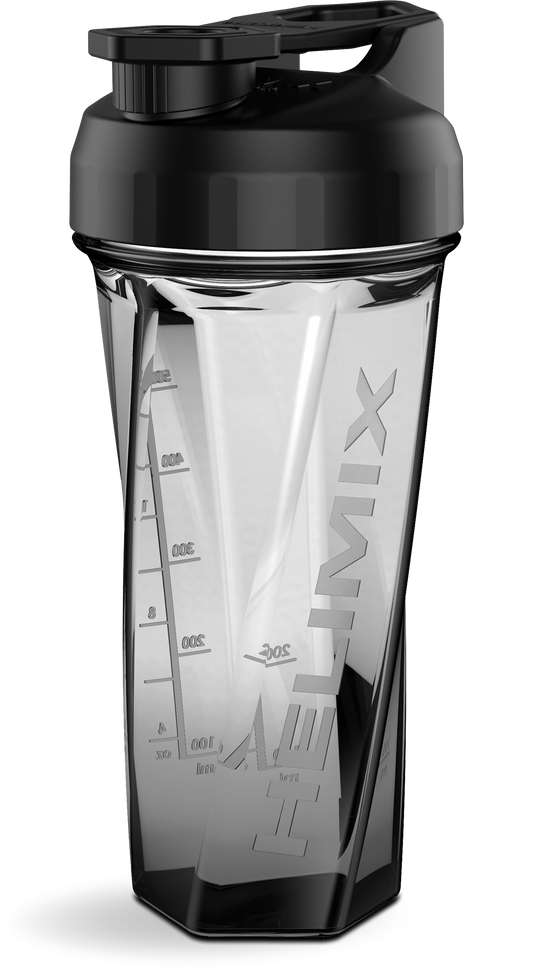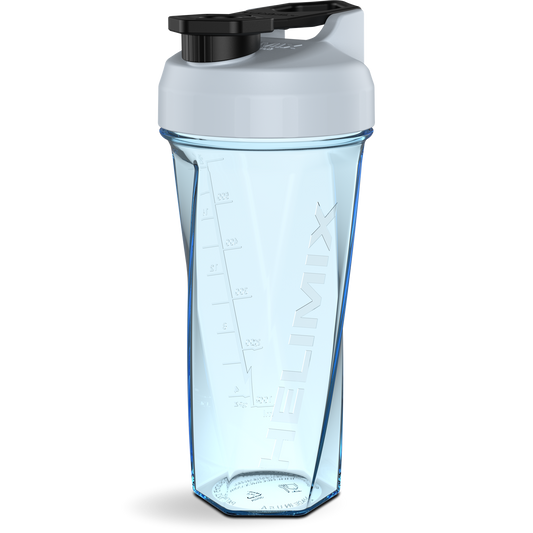You know exercise is good for your body. You don’t need to read an article to be convinced that your muscles and joints benefit from being moved and challenged. You get it.
But let’s say, like many of us, you’re under a lot of stress, are fighting depression and anxiety, have a hard time remembering what you walked in the room to get or struggle to concentrate sometimes. This is so common that often we don’t think there’s anything we can do to help it.
As we get older, new challenges add to the old ones. We’re faced with dementia, Alzheimer’s, age-related memory loss and a weakened ability to keep up in conversation.
There’s good news coming, but let’s look at the not-so-great statistics before we get to that. In U.S.
● Dementia is a leading cause of dependency and mental impairment among the elderly
● 1 out of 6 women and 1 out of 10 men over the age of 55 will develop dementia
● Alzheimer’s is the 6th leading cause of death
● Between 2000 and 2017 deaths from heart disease have decreased 9% while deaths from Alzheimer’s have increased 145%
● 1 in 3 seniors dies with Alzheimer’s or another dementia. It kills more than breast cancer and prostate cancer combined
● Anxiety disorders are the most common mental illness in the U.S., affecting 40 million adults in the United States age 18 and older, or 18.1% of the population every year.
● Anxiety disorders are highly treatable, yet only 36.9% of those suffering receive treatment.
● Anxiety disorders affect 25.1% of children between 13 and 18 years old. Research shows that untreated children with anxiety disorders are at higher risk to perform poorly in school, miss out on important social experiences, and engage in substance abuse.
(sources: Braintest, ALZ.org, ADAA)
The effects of our modern lifestyle, lack of good nutrition, environmental toxins, and increased sedentary habits are affecting our brains at a rapid pace, and we’re losing the battle.
What a tragedy to live a full life, just to not remember it.
But here’s the good news: your brain is regenerative. It can create new cells at any age so these statistics are not a curse hanging over your head. They can be avoided and often, in the case of memory loss, anxiety and depression, reversed.
One of the biggest tools in your tool belt to help strengthen and fortify your brain is simply exercise.
How does this work?
Exercise floods your brain with blood, oxygen, and glucose and helps it eliminate the deoxygenated blood it doesn’t need. This simple act improves memory and increases your ability to pay attention longer.
The Hippocampus, a center in the brain responsible for learning and memory, has been shown to positively respond to exercise. The extra oxygen helps it to create new cells (neurogenesis).
On top of all of this, exercise tells your brain to produce more of it’s “feel good” hormones like dopamine, serotonin, glutamate, and endorphins (“runner’s high”), and this is like a magic pill for treating anxiety, depression, and stress.
It’s hard to argue with the science showing us the power of exercise on the brain.
So what kind of exercise? How much?
In short, anything that gets the blood pumping through your body is good for your brain. Getting in a brisk, 30-minute walk several times a week is extremely effective.
If you want to get maximum effects choose activities that force your brain to pay attention, change patterns, follow steps, and keep balance.
Science has been telling us for centuries that exercise is a key in changing our overall health, but now we know that it changes our actual brains. We don’t have to live with chronic stress, anxiety, depression or cognitive disabilities as we age. The mental health statistics are grim, yes, but exercise shows us a new way to live and it begins with simply moving our bodies.















